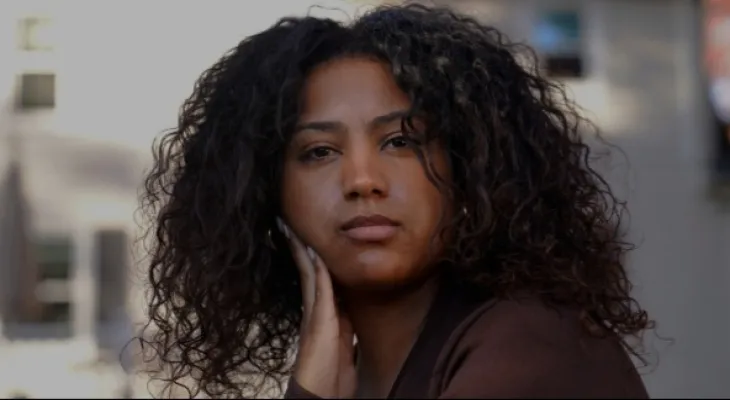Search here
Newspaper
Search here

Arab Canada News
News

Published: November 5, 2022
Pariss Chandler built a community for Black tech workers on Twitter which eventually became her recruitment company. But she said she now fears everything might collapse if Twitter becomes a haven for toxic racist speech under Elon Musk's control, who indicated he could relax content rules. With Twitter leading most of her business, Chandler sees no good alternative as she watches the uncertainty. Chandler also added: "Before Elon took charge, I felt the team was working to make Twitter a safer platform, and now they’re kind of not here. I don’t know what is happening internally, I’ve lost hope in that."
These concerns weigh heavily on many people who have come to rely on Twitter, a relatively small yet powerful platform that has become a kind of digital public square for influencers, policymakers, journalists, and other thought leaders. Musk, the CEO of Tesla and SpaceX, acquired Twitter last week in a $44 billion deal, making his unpredictable style immediately tangible.
Just days later, he tweeted a link to a story from an obscure news outlet that made a dubious claim about the violent attack on the husband of Democratic House Speaker Nancy Pelosi at their California home. He quickly deleted it, but it was a troubling start to his tenure for those worried about misinformation spreading online. Musk also indicated his intention to ease restrictions on hate speech, possibly allowing former President Donald Trump and other banned commentators to return. However, he toned down rhetoric after closing the deal, pledging to form a "content moderation council" and not allow anyone removed from the site to return until procedures on how to do so are in place.
Still, the use of racial slurs quickly exploded in a clear test of his tolerance level. “People, it’s gotten ugly here. I’m really not sure what my plan is. Stay or leave?” said Jennifer Tobe, a law professor and author with about a quarter million followers, on Sunday, tweeting a link to her Facebook page in case she left Twitter. Tobe, who has lost 5,000 followers since Musk officially took over, added: “The numbers are going down and down.”
Chandler, a software engineer, had hoped to combat isolation she felt in her predominantly white field when she tweeted a question and a profile picture four years ago: “What does Black Twitter in tech look like? Here, I’ll start first!” The response was overwhelming; she now has over 60,000 followers and her company connects Black tech workers with large and small companies. She has received hate mail and even some death threats from people accusing her of racism for focusing on Black tech workers, but she also had connections with Twitter employees who were receptive to her concerns. Chandler’s company also uses Facebook, Instagram, and LinkedIn but none can replicate the kind of vibrant community she leads on Twitter, where people mix professional networking with light-hearted banter.
Similarly, Joan Donovan, an internet researcher, said Instagram and TikTok are more image-driven than text exchange and Facebook is no longer popular with younger users. Although some developers are rushing to find alternative sites quickly, building a stable, easy-to-use site that can handle millions of accounts takes time. The researcher, who explores the threat misinformation poses to democracy in her new book “Meme Wars,” added that it’s unclear whether Twitter will remain a safe place for civil discourse.
Comments